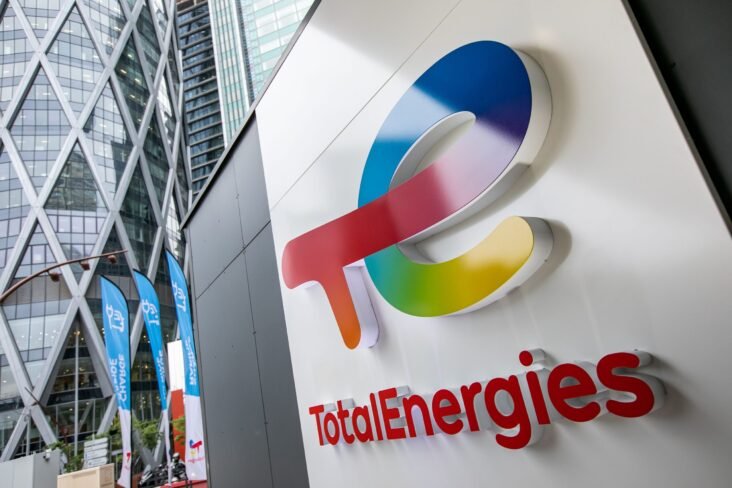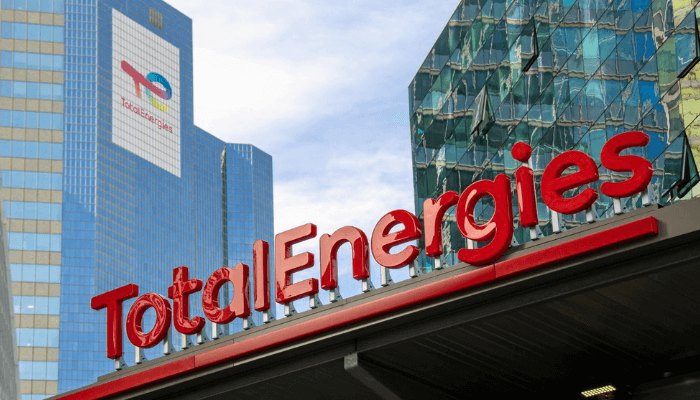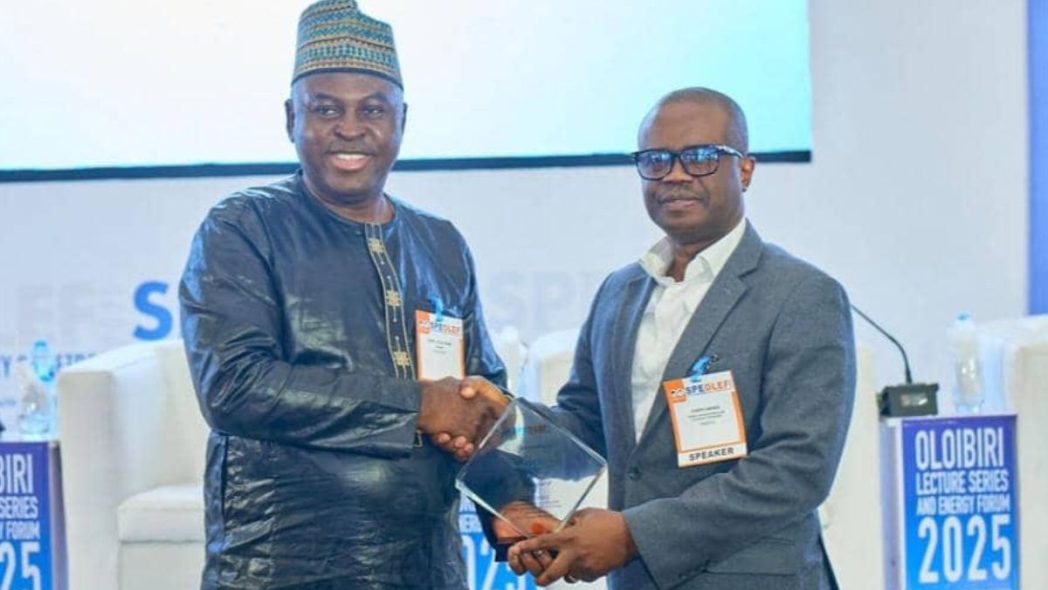TotalEnergies Divests Stake in Nigeria's Bonga Oilfield for Over $500M

TotalEnergies has announced a significant strategic move in its Nigerian operations, with its subsidiary TotalEnergies EP Nigeria (TEPNG) signing an agreement to sell its 12.5% non-operated interest in the Oil Mining Lease (OML) 118 Production Sharing Contract (PSC) to Shell Nigeria Exploration and Production Company Ltd (SNEPCo). The transaction, valued at $510 million, reflects TotalEnergies' ongoing efforts to reshape its upstream portfolio.
The OML118 PSC, located deep offshore approximately 120 kilometers south of the Niger Delta, is a key asset. It is operated by SNEPCo, which holds a 55% interest, in partnership with Esso Exploration and Production Nigeria (20%), and Nigerian Agip Exploration (12.5%). TotalEnergies EP Nigeria held the remaining 12.5% stake that is now being divested. The lease contains the prolific Bonga field, which commenced production in 2005, and the Bonga North field, where development began in 2024. Production from OML 118, primarily oil, represented approximately 11,000 barrels of oil equivalent per day (boe/d) in TotalEnergies' share in 2024. The completion of this sale is subject to customary conditions, including necessary regulatory approvals from Nigerian authorities.
TotalEnergies' Strategic Realignment: Nicolas Terraz, President of Exploration & Production at TotalEnergies, explained that this divestment aligns with the company's strategy to actively high-grade its upstream portfolio. The focus is shifting towards assets characterized by low technical costs and low emissions, aiming to lower the company's overall cash breakeven point. In Nigeria, TotalEnergies intends to concentrate on its operated gas and offshore oil assets. A key project in this strategy is the development of the Ubeta project, which is designed to sustain gas supply to Nigeria LNG.
This divestment is part of a broader trend among international oil companies (IOCs) in Nigeria, which are increasingly divesting from certain assets, particularly onshore, to focus on gas projects and low-carbon investments. Recent examples include ExxonMobil's $1.3 billion divestment to Seplat, Renaissance Africa Energy's acquisition of Shell Petroleum Development Company (SPDC) assets, TotalEnergies' previous sale of its 10% stake in the SPDC joint venture to Chappal Energies for $860 million in July 2024 (while retaining full economic interest in the gas assets for Nigeria LNG), and Oando PLC's acquisition of Nigerian Agip Oil Company (NAOC) shares for $783 million.
Despite these divestments, TotalEnergies maintains a significant presence in Nigeria, where it has operated for over 60 years and employs more than 1,800 people. Nigeria remains a key contributor to TotalEnergies' global hydrocarbon production, accounting for 209,000 barrels per day in 2024. The company also operates an extensive distribution network, including approximately 540 service stations across the country.
Seplat Energy's Vision for Nigerian Gas: As international companies like TotalEnergies re-evaluate their portfolios, indigenous players such as Seplat Energy are stepping up to redefine Nigeria's energy landscape. Seplat's Chief Executive Officer, Roger Brown, highlighted the company's commitment to transforming Nigeria's gas future through integration, innovation, and inclusive national development. A cornerstone of this strategy is the landmark acquisition of Mobil Producing Nigeria Unlimited (MPNU) assets, which Brown described as a 'true game-changer.' This acquisition has expanded Seplat's operations to 11 blocks (eight of which are operated directly), doubled its reserves, and significantly increased its production from around 50,000 barrels per day to over 120,000 barrels per day. The company's workforce now includes around 1,500 professionals, the vast majority of whom are Nigerians.
Brown emphasized the extraordinary gas resources within Seplat's offshore blocks, envisioning this gas as instrumental for domestic power generation, industrial applications like fertilizer and petrochemicals, and both Nigerian LNG and new floating LNG initiatives. Seplat's strategy is tailored to Nigeria's specific energy needs, focusing on affordable and reliable energy, with gas positioned as the answer for baseload electricity. By the end of the current year, Seplat expects to have three operational gas processing plants onshore, strategically located to serve high-demand areas like Lagos and Abuja, with a target of processing one billion cubic feet of gas per day. While gas is foundational, Seplat also has ambitions in renewables and electricity generation, alongside exploring modular gas-to-power systems for rural areas.
Technology and sustainability are central to Seplat's approach. The company is aggressively working to end routine flaring, aiming to achieve this in its onshore operations within the year and developing a roadmap for offshore assets, years ahead of Nigeria's national target of 2030. AI, predictive maintenance, advanced drilling technologies, data analytics for seismic analysis, and digital twins are being deployed to enhance efficiency and reduce environmental impact. Seplat is also heavily investing in human capital, recently onboarding 50 new graduates and partnering with educational institutions. Strong governance, transparency, community investment (including scholarships, healthcare, and local procurement), and environmental stewardship through initiatives like biodiversity and conservation programs in the Niger Delta are core to its ESG commitment.
NLNG's Commitment to Human Capital Development: Complementing these industry shifts, Nigeria Liquefied Natural Gas Limited (NLNG) is also playing a crucial role in building national capacity. NLNG recently launched its Train 7 Project Human Capital Development (HCD) Basic Training Supplementary Programme in Port Harcourt. According to NLNG’s Nigerian Content Development Manager, Dagogo Buowari, this initiative underscores NLNG's broader commitment to achieving Nigerian content targets and empowering the country's youth through skills-based development. The Train 7 project, currently under construction, is a significant expansion expected to increase NLNG's production capacity by 35%, from its current 22 million tons per annum (mtpa) to 30 mtpa.
The supplementary training program offers structured theoretical modules and practical, field-based hands-on training, with a curriculum designed to ensure graduates possess industry-relevant knowledge and applied technical competence. Buowari urged trainees to fully commit to the program, highlighting it as a potential launchpad for their professional journeys. Beyond technical skills, the program provides holistic support, including healthcare services through Reliance HMO, mentorship from seasoned industry professionals, wellness and support services like counselling, and regular performance reviews aligned with long-term career aspirations. This initiative reflects NLNG's purpose-driven mission of 'Inspiring a Sustainable Future' and aligns with Nigeria's national vision for local content, inclusive growth, and youth empowerment.







